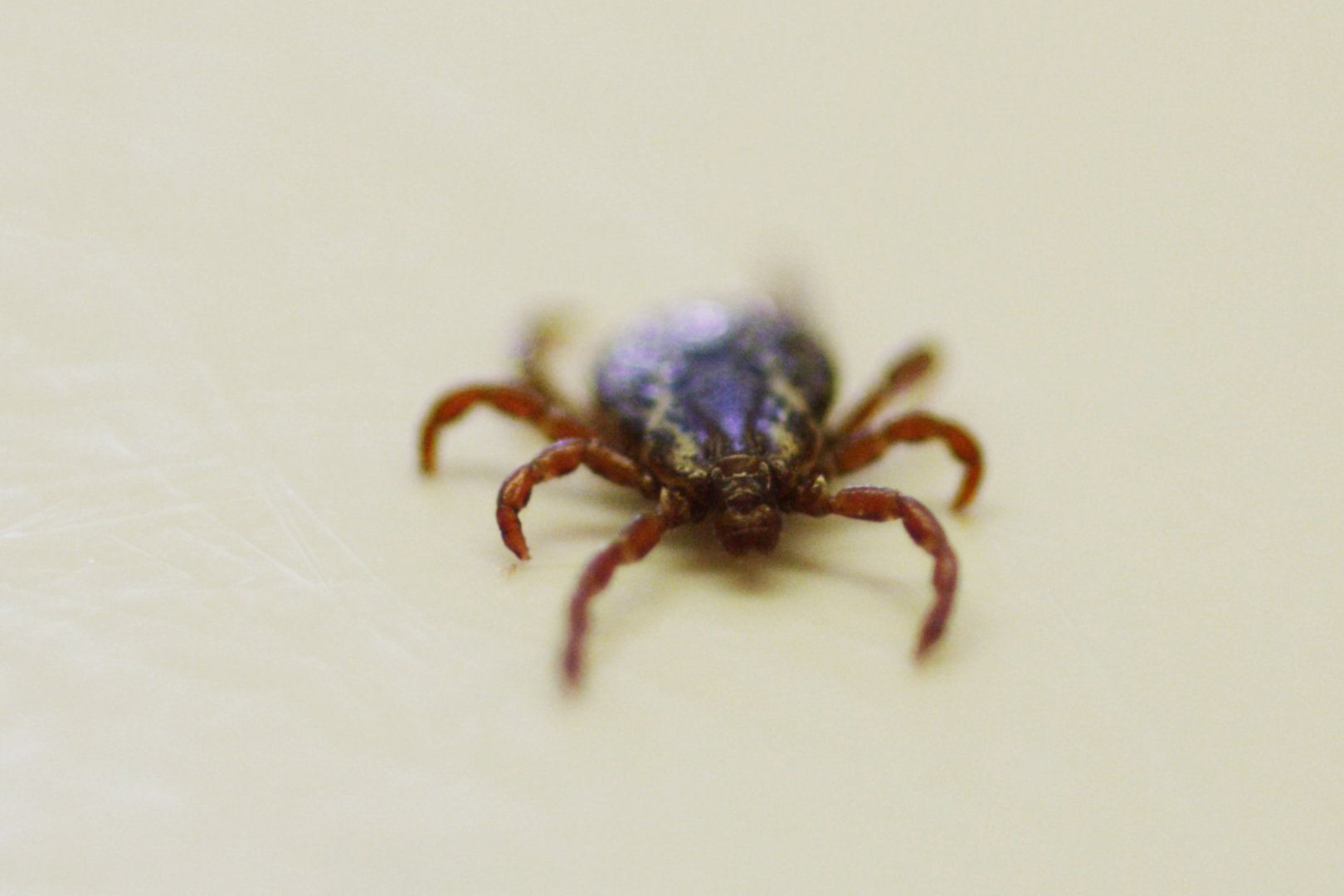The Department of Health and Human Services (HHS) announced the appointment of UConn School of Medicine’s chair of the Department of Pediatrics and Connecticut Children’s Physician-in-Chief, Juan C. Salazar, MD, MPH, FAAP to the Tick-Borne Disease Working Group. Salazar will join other members on the Vaccine and Therapeutics Working Group Subcommittee.
Salazar also serves as executive vice president of academic affairs and director of the Pediatric and Youth HIV program at Connecticut Children’s and professor of pediatrics at UConn School of Medicine.

He has received several NIH and private Foundation grants to study pediatric HIV, congenital syphilis and Lyme disease. Salazar and his colleagues at the Spirochetal Research laboratories at UConn Health are actively studying the immune response of children and adults who become infected with the Lyme disease bacterium. He also collaborates with translational and clinical researchers in Southern China and in Cali, Colombia.
“I am honored to have been selected to participate in this working group. Connecticut was the birth place of Lyme Disease and more recently home to a little boy who contracted a rare case of Powassan virus, a rare but deadly tick borne illness,” said Salazar. “This working group will play a pivotal role gathering information, conducting research and analyzing the issues in order to help improve current practices, federal guidance and recommendations on best practice care for people with tick-borne illnesses.”
Tick-borne diseases are a serious public health problem. Lyme disease is the most common tick-borne disease, but there are at least 20 different infections that are transmitted by ticks in the United States. According to the CDC, more than 300,000 new cases of Lyme disease are diagnosed each year. The number of new cases has been increasing in recent years, and the areas where ticks are found are expanding, which puts more people in more states at potential risk.
The federal government has made significant investments that address tick-borne diseases and provide support to research, prevention, medical care and treatment, and other related services or activities. Congress established the Tick-Borne Disease Working Group in the 21st Century Cures Act to provide expertise and to review all efforts within the Department of Health and Human Services related to all tick-borne diseases, to help ensure interagency coordination and minimize overlap, and to examine research priorities.
Key tasks of the Tick-Borne Disease Working Group include the development and implementation of a summary of federally funded projects focused on Lyme disease and other tick-borne diseases, reviews of the scientific literature, as well as information provided at subcommittee meetings by subject matter experts, and by patients and their families.



